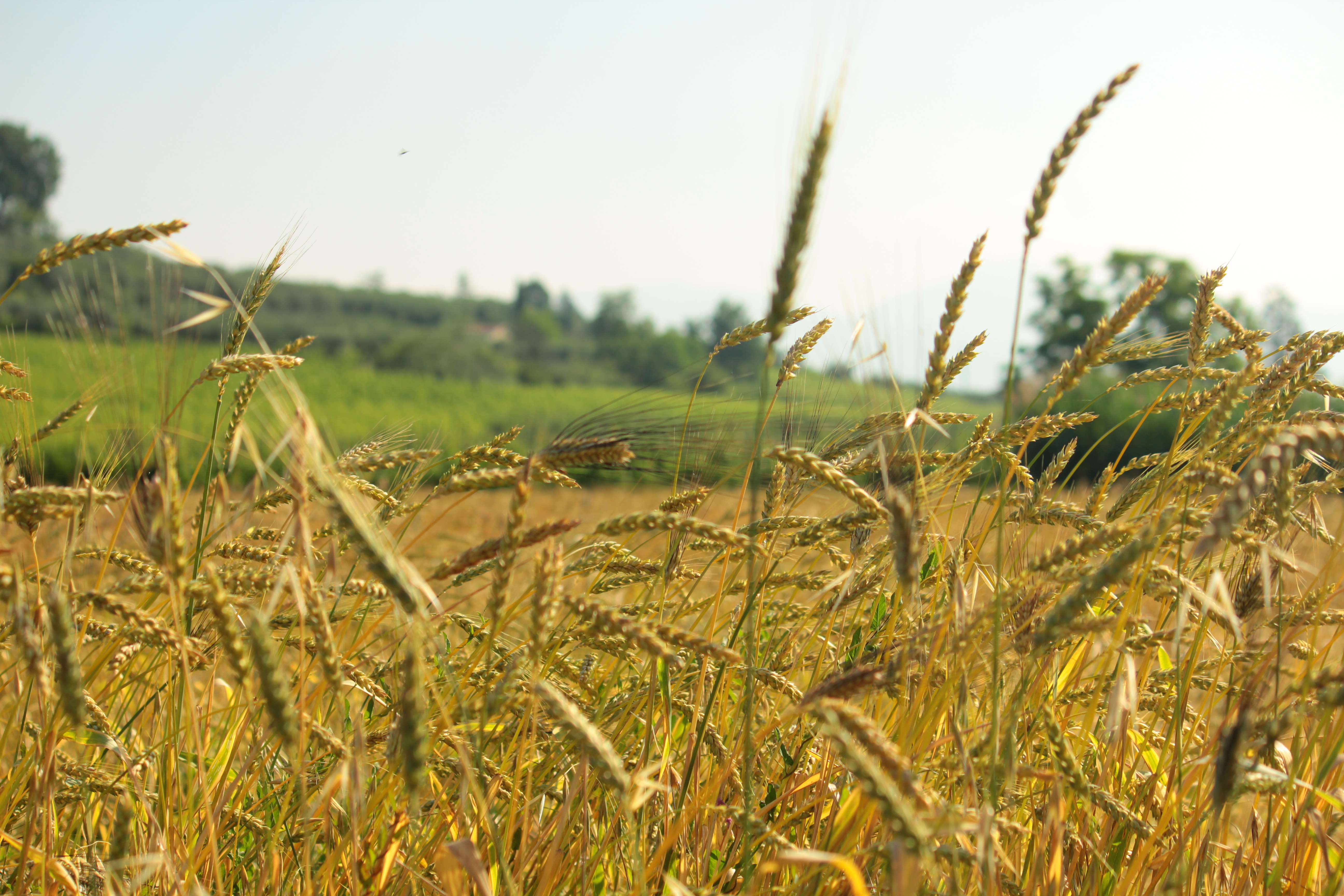Farming moving back to nature

Representatives of the agrarian sectors of more than 70 countries gathered in Rome to discuss on agroecology. They met in FAO (Food and Agriculture Organization under the United Nations) headquarter: agroecology as the way to create a healthier and more sustainable food system.
Climate change, respect of the soil and of the ecosystem, reduce chemicals, biodiversity vs. monoculture: these are the pillars of agroecology. Networks of small and medium-size farmers play a fundamental role to push the agricultural system in the direction of agroecology. La Via Campesina is one of the most active world network in this sense.
Many underdeveloped countries are investing huge amount of capitals to turn traditional farming, that depends on chemicals and multi-national seed sellers, into an agroecology based system. India, Tanzania, Ghana, Ecuador, Mexico are some of the countries involved in this challenge.
Read more from an article of The New York Times, in here.
